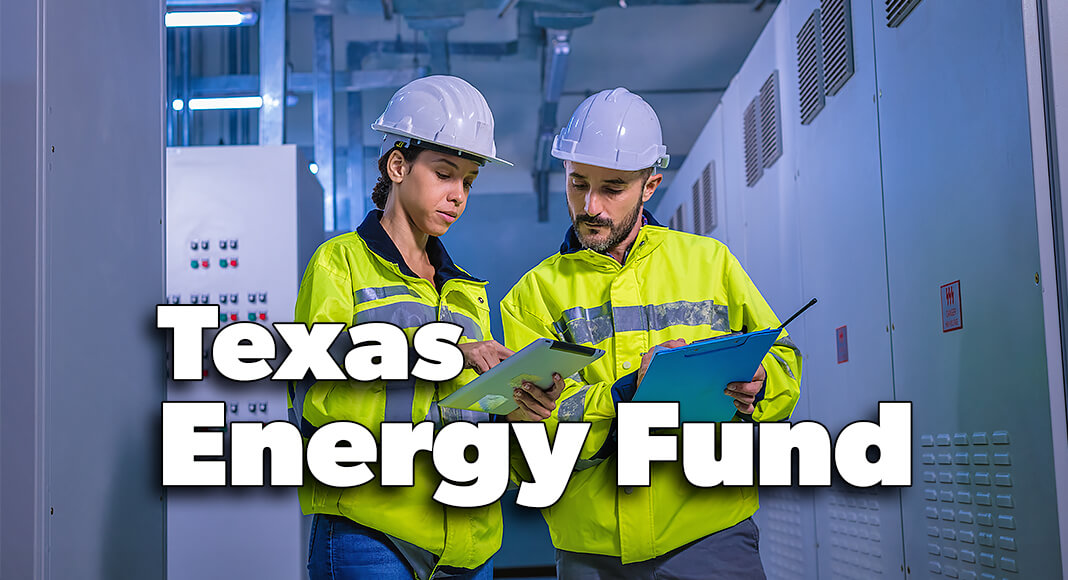
Texas Border Business
AUSTIN — Governor Greg Abbott and Lieutenant Governor Dan Patrick today issued the following statement concerning the future of the Texas Energy Fund:
“In recent testimony before the Senate Business and Commerce committee, ERCOT CEO Pablo Vegas testified that Texas may need 150,000 megawatts of power to power our grid by 2030. That is only six years away. Currently, Texas typically has approximately 85,000 megawatts of power available counting wind, solar, coal, nuclear, and natural gas. If the new estimate is correct, the updated numbers provided by Mr. Vegas call for an immediate review of all policies concerning the grid.
Last November, voters overwhelmingly approved Senate Joint Resolution 93, which created the Texas Energy Fund, providing for a $5 billion low-interest loan program to incentivize the building of more dispatchable natural gas plants. Texas has already received notice of intent to apply for $39 billion in loans, making the program nearly eight times oversubscribed. With the new projections for 2030, we will seek to expand the program to $10 billion to build more new plants as soon as possible. The average plant will take three to four years to complete, and new transmission lines will take three to six years to complete. Texas is currently the fastest state to approve and build new plants and transmission lines because of our low regulations and pro-business policies, but we must move quickly.”
















